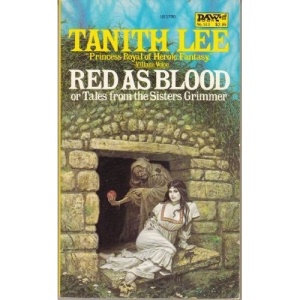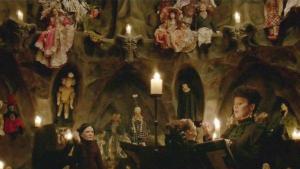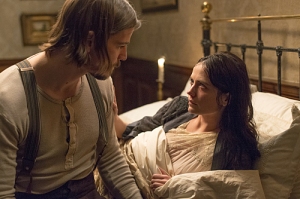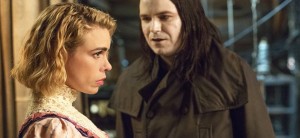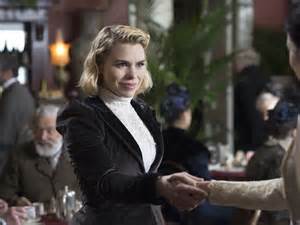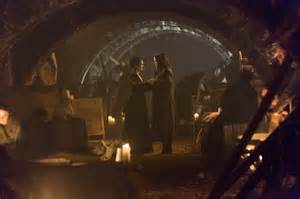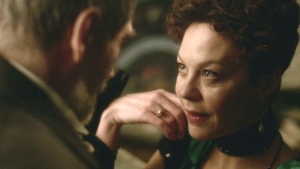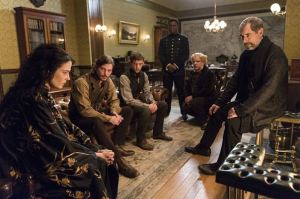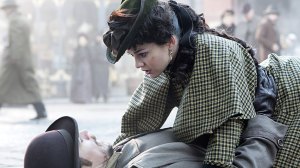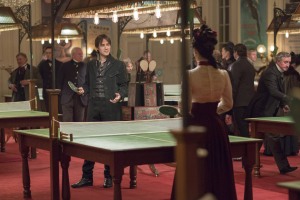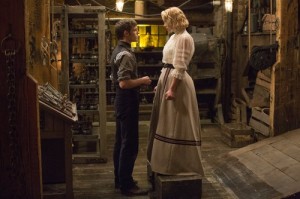“Reading Robert Aickman is like watching a magician work, and very often I’m not even sure what the trick was. All I know is that he did it beautifully.”- Neil Gaiman
Recently, I came across a mention of Robert Aickman again. He was a horror writer I’d hear about every once in awhile, certainly not as famous as many of his contemporaries. A writer’s writer, it would seem. The twentieth century’s “most profound writer of what we call horror stories”- according to Peter Straub.
Yet, he certainly has his critics as well, his stories being described as too obscure.
Curious to finally read him and form my own opinion, I picked up a copy of Dark Entries.
The first story within, “The School Friend” begins, “It would be false modesty to deny that Sally Tessler and I were the bright girls in school.” And so, an older Mel reflects upon how she met one of her oldest girlfriends. Only a few pages in, I was hit by this doozy of a line. “I was able to construe Latin fairly well for a girl, but the italics and long s’s daunted me.” Really? I recalled how once another woman mentioned she’d been reading a work with a female main character which happened to have been written by a man. Everything was fine and believable until the writer had the character make reference to her period by calling it, “my menstruation.” Because no woman talks like that. I had a similar feeling here because I doubt there is any female who thinks to herself, “wow! I can do this pretty well, you know, even though, I’m like, only a girl.”
Okay, so Mr. Aickman wasn’t going to win any POV awards for this, but I tried to put that aside and concentrate on the rest of the story.
Forty-one year old Mel comes into contact with her old friend after decades apart when Sally returns to their hometown after the death of her father. A man who “never went out”, and who received a doctorate for an unknown subject. Sally, herself, was always odd- living to work and revealing very little about her private life.
Now Sally has moved back in her father’s old house. One that Mel describes as, “entirely commonplace, and in the most unpleasing fashion.” After her friend suffers an accident, Mel is asked to look after the place. To her surprise, she discovers every room is kept locked; there is one chain with numerous keys to open each one.
What Mel discovers inside the house is difficult to say even after one has finished the story, and my initial reaction was one of disappointment. Some ambiguity is fine. Were Miles and Flora really haunted in The Turn of the Screw, or was their governess mad? What exactly did Eleanor and Theodora see in The Haunting of Hill House?
But here, it felt like full pages had been ripped out. As though the author was being lazy, here you do the work. I’ll just sit back and appear clever.
Yet, the story stayed with me, and I recalled hearing how Aickman’s stories begged to be reread. In doing so, I did notice more things- said and unsaid- that had escaped my initial notice.
I’m not yet settled on how I feel about this particular little strange story, but it continues to gnaw.
Fritz Leiber: “Robert Aickman has a gift for depicting the eerie areas of inner space, the churning storms and silent overcasts that engulf the minds of lonely and alienated people. He is a weatherman of the subconscious.”






